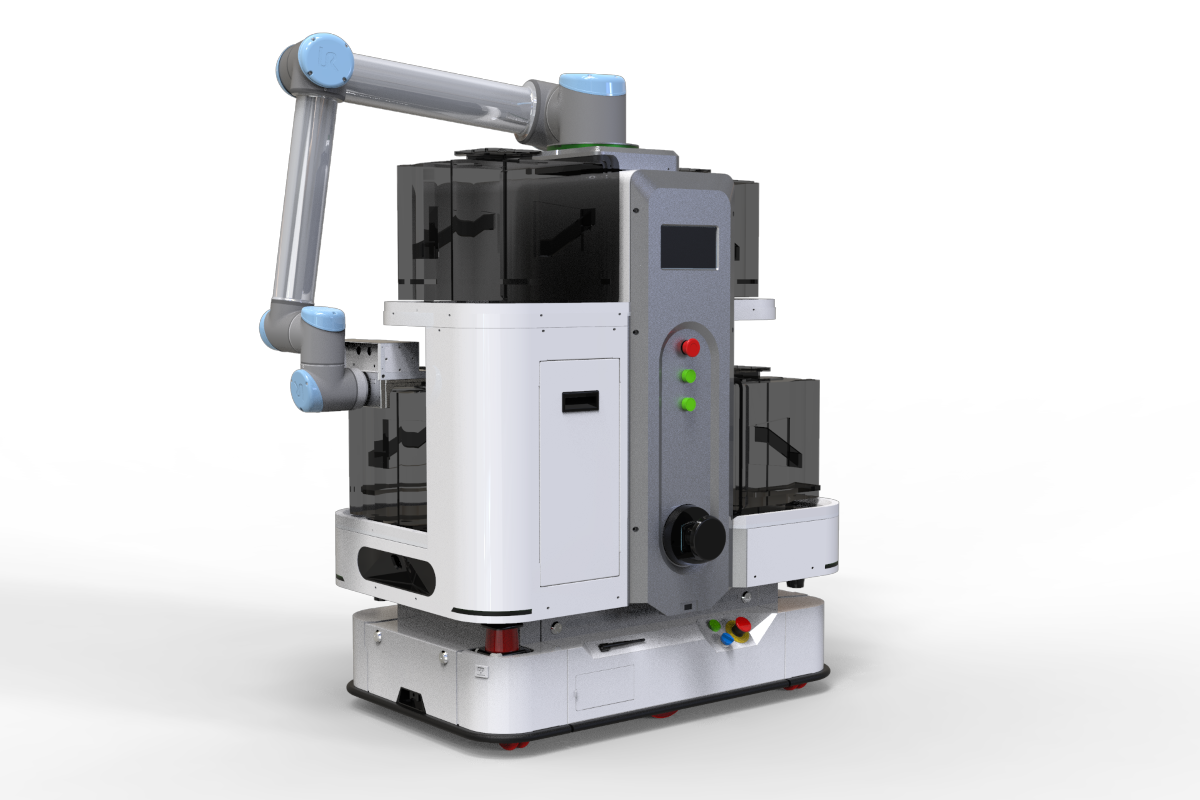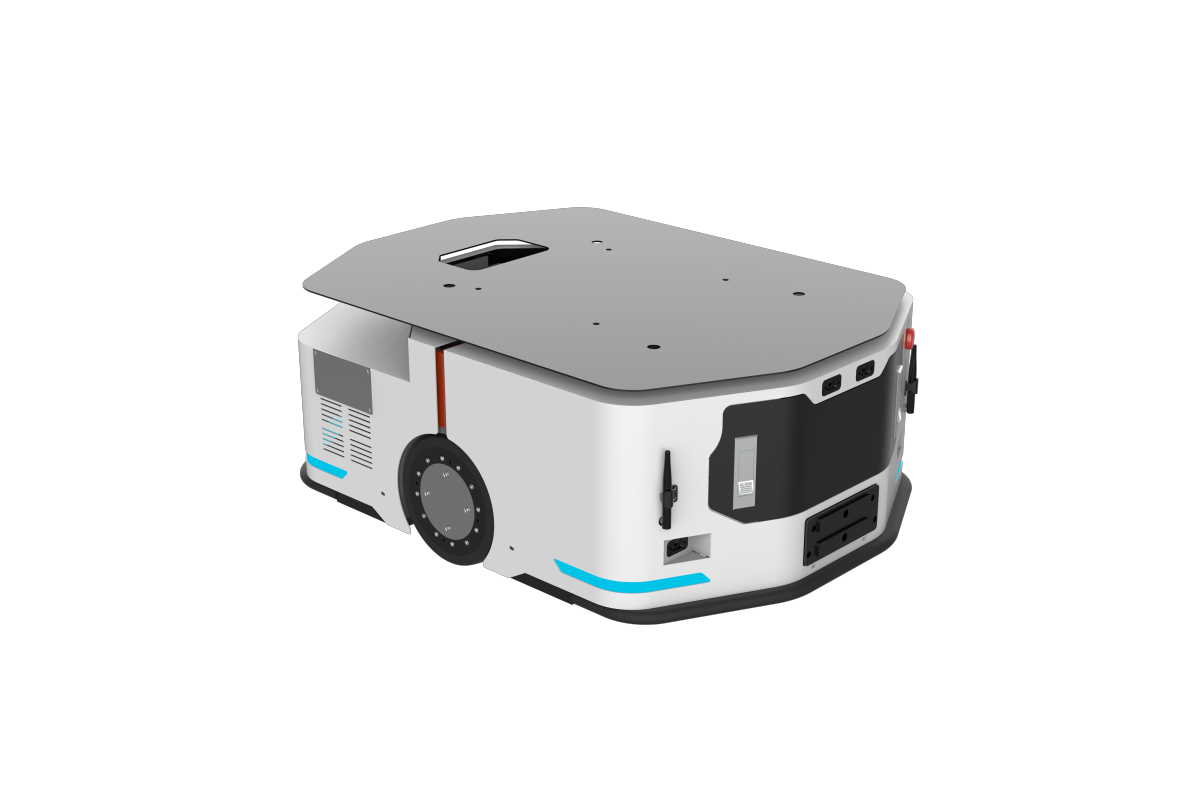
In today’s fast-paced world, robotics has emerged as a game-changer in various industries. One such field that has witnessed significant advancements is logistics. robotics in logistics refers to the integration of automated systems and robots to streamline operations and enhance efficiency throughout the supply chain.
The Role of Robotics in Logistics
Robotics plays a crucial role in optimizing warehouse management, order fulfillment, and transportation processes. By automating repetitive tasks such as picking, packing, sorting, and loading/unloading goods, robots can significantly reduce human error while increasing productivity.
Furthermore, robotics enables real-time inventory tracking and data analysis for better decision-making. With advanced sensors and artificial intelligence algorithms, robots can navigate complex warehouse environments efficiently while ensuring safety measures are met.
Youibot: A Pioneer in Robotics Solutions
Youibot is at the forefront of revolutionizing logistics with its innovative robotic solutions. The company offers a range of autonomous mobile robots (AMRs) designed specifically for material handling tasks within warehouses or distribution centers.
Equipped with state-of-the-art technology like LiDAR sensors for mapping surroundings and obstacle avoidance capabilities, Youibot’s AMRs can seamlessly integrate into existing infrastructure without disrupting daily operations. These robots are capable of autonomously transporting goods from one location to another with high precision and reliability.
The Rise of Warehouse Picking Automation
One area where robotics has made a significant impact is warehouse picking automation. Traditionally performed by human workers using manual labor or handheld devices like barcode scanners, this process often faced challenges such as inefficiency due to fatigue or errors caused by distractions.
With the introduction of robotic picking systems powered by computer vision technology and machine learning algorithms, warehouses can now achieve higher accuracy and productivity. These systems use cameras to identify and locate items, enabling robots to pick them up with precision and speed.
Moreover, warehouse picking automation reduces the risk of injuries for workers by eliminating physically demanding tasks. It also allows businesses to handle peak demand periods more effectively without compromising on quality or delivery times.
Conclusion

In conclusion, robotics in logistics has revolutionized the supply chain industry by introducing automation and efficiency. With advancements like Youibot’s autonomous mobile robots and warehouse picking automation systems, businesses can optimize their operations, reduce costs, improve accuracy, and enhance overall customer satisfaction. As technology continues to evolve rapidly, we can expect even greater integration of robotics in logistics in the future.
